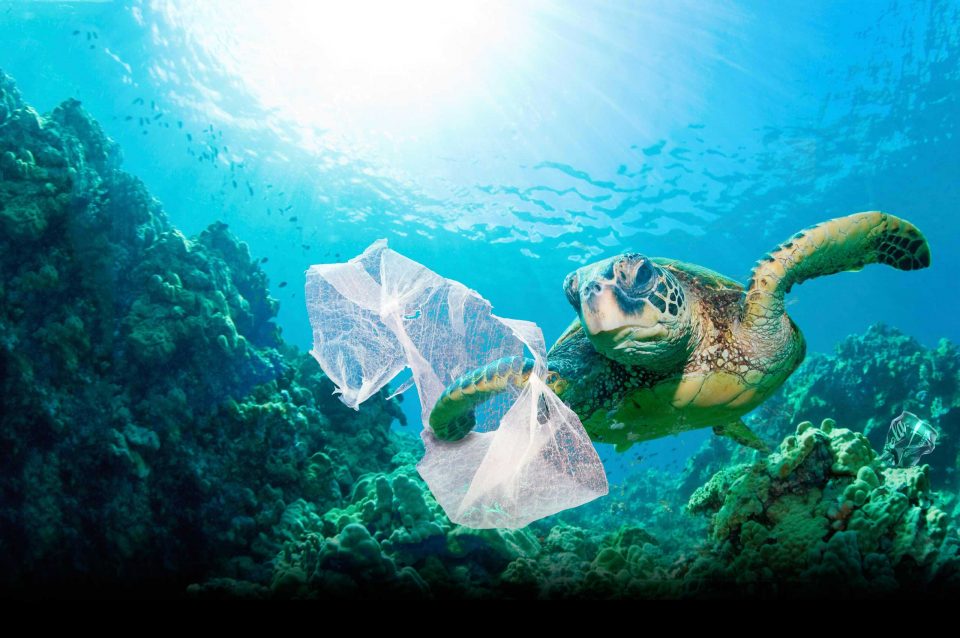Stemming The Plastic Tide In Guatemala
Many countries that are developing economically are simultaneously developing astonishing plastic waste problems. Guatemala is one such country, and its plastic problem is getting so bad that neighbouring Honduras has blamed them for causing an “environmental disaster” in the Caribbean Sea. Lacking an efficient waste disposal system, Guatemala has had to implement more creative methods to stop plastic pollution from encroaching on the environment.
One of these solutions? Barriers called “bio-fences” that trap plastic waste before it gets too far along the river.
It’s an imperfect solution, but it’s quite an ingenious one given the circumstances. As single-use plastics are carried down the River Seco, the Xequijel, and other major Guatemalan riverways through city centres, they accumulate into massive floating heaps. The plastics are then swept into the ocean, where they become hazards to vulnerable sea life.
To stop the plastic and make it easier to collect, the bio-fences are strung across the rivers. The communities that set up and tend to the fences can then recycle the trash properly. It’s a creative way to get local Guatemalans involved and thinking about the environment around them, one that includes many rare and endangered species. These include sea turtles, like leatherbacks and loggerheads, that live, nest, and swim on and around Guatemala’s beaches; mistaking bits of plastic for food can lead to painful choking deaths.
The effort thus far has been quite successful, with Guatemalan Minister of Environment and Natural Resources Alfonso Alonzo referring to the process as actively fighting plastic pollution through innovation and community participation. It’s a homegrown solution that comes as part of Guatemala’s efforts to improve waste collection in the face of a worsening environmental crisis. Other parts of this fight include new wastewater treatment on the polluted Lake Atitlan and importing garbage trucks from Germany.Unfortunately, plastic is still one of the cheapest commercial materials, and its use in developing economies usually goes hand-in-hand with a lack of waste infrastructure. It’s not just Guatemala: Plastic pollution is an immense global catastrophe, with 13 million tons of it ending up in our oceans every year. As communities develop their own creative solutions to manage plastic waste, we have to also spread our creative alternatives to stop plastic waste before it becomes a problem!



